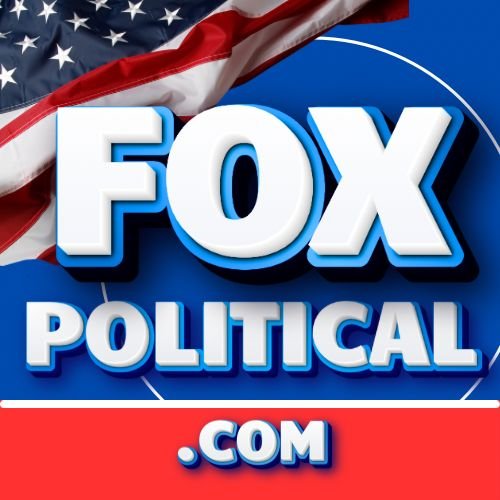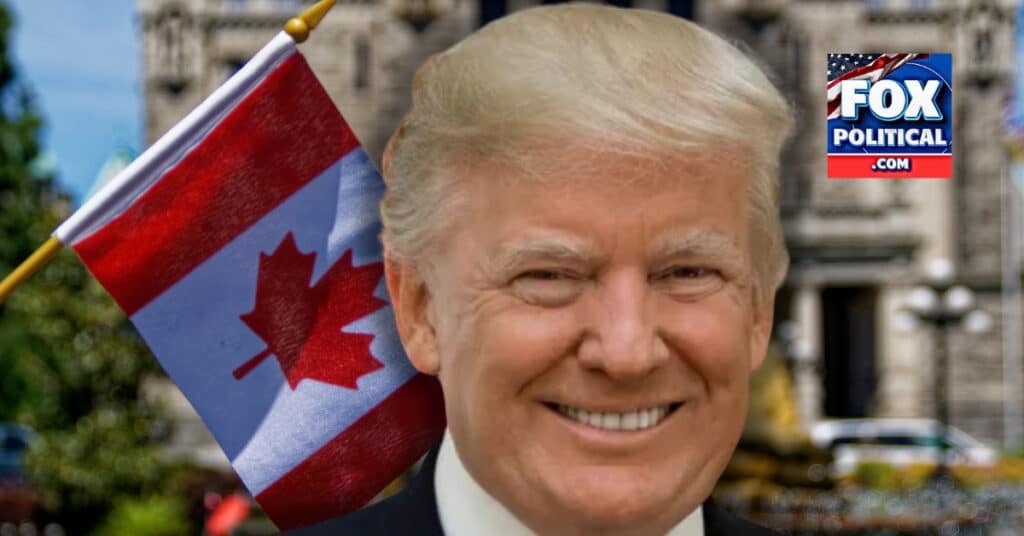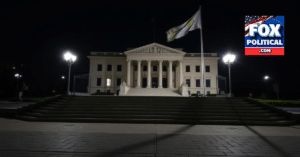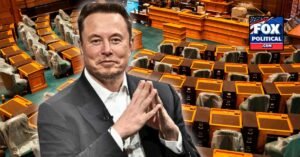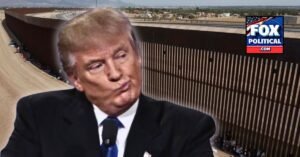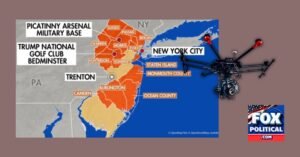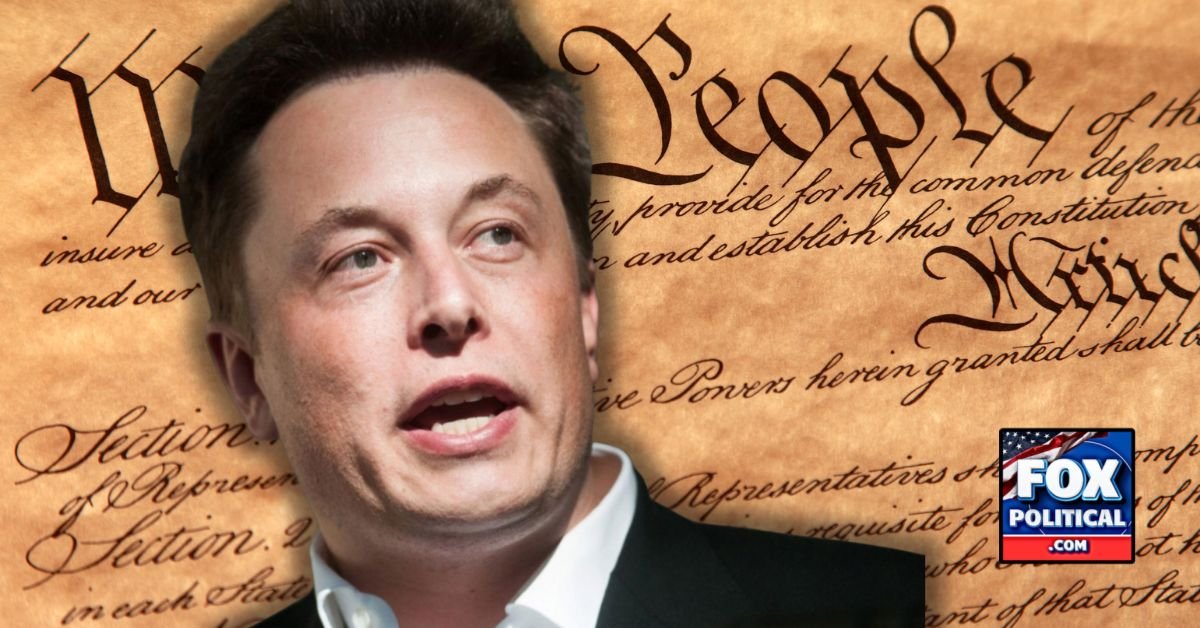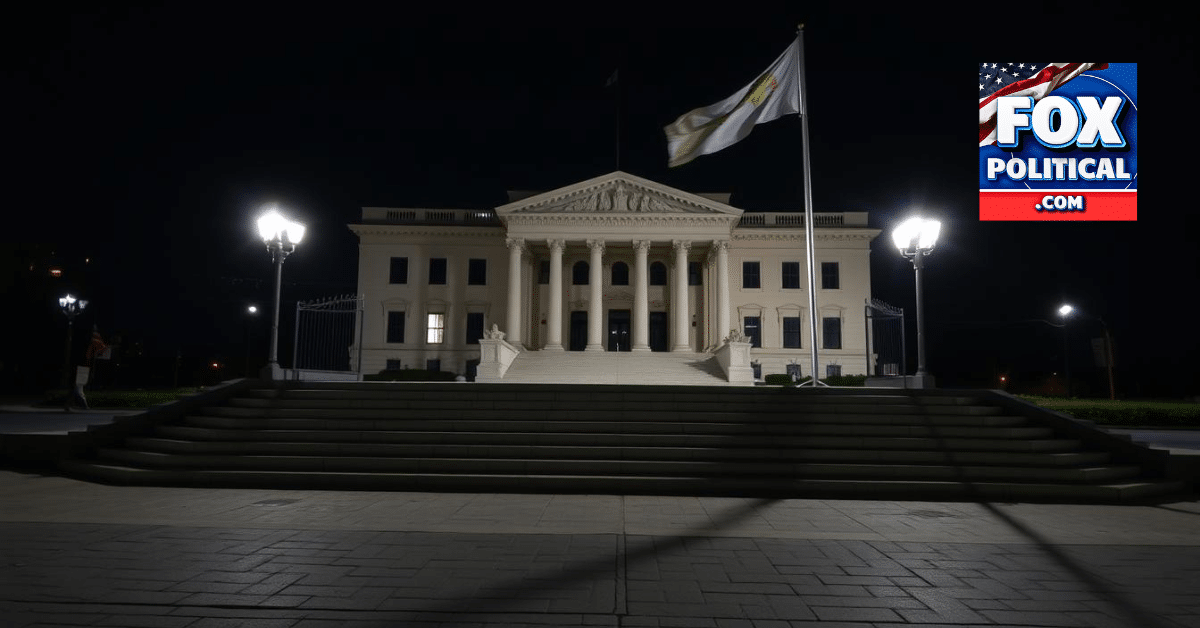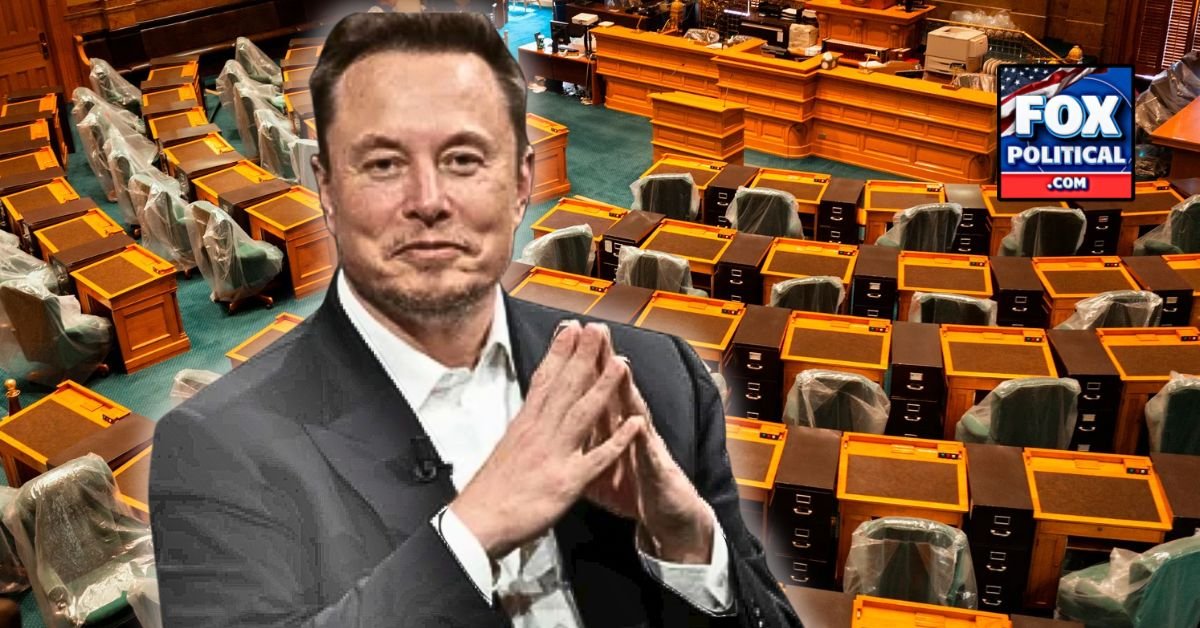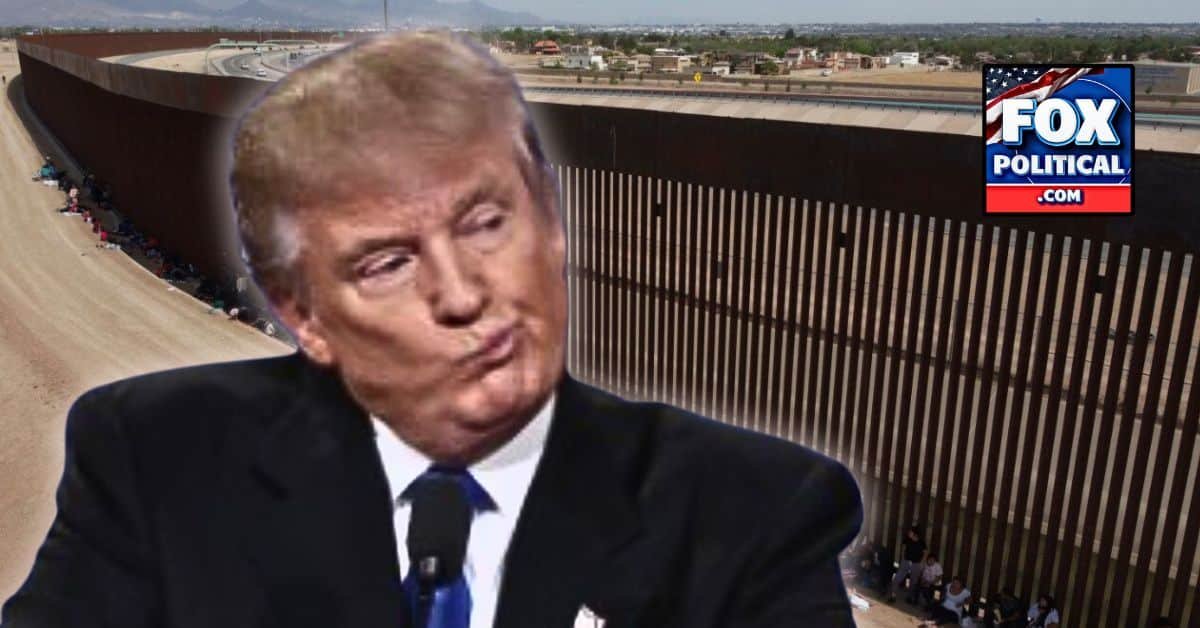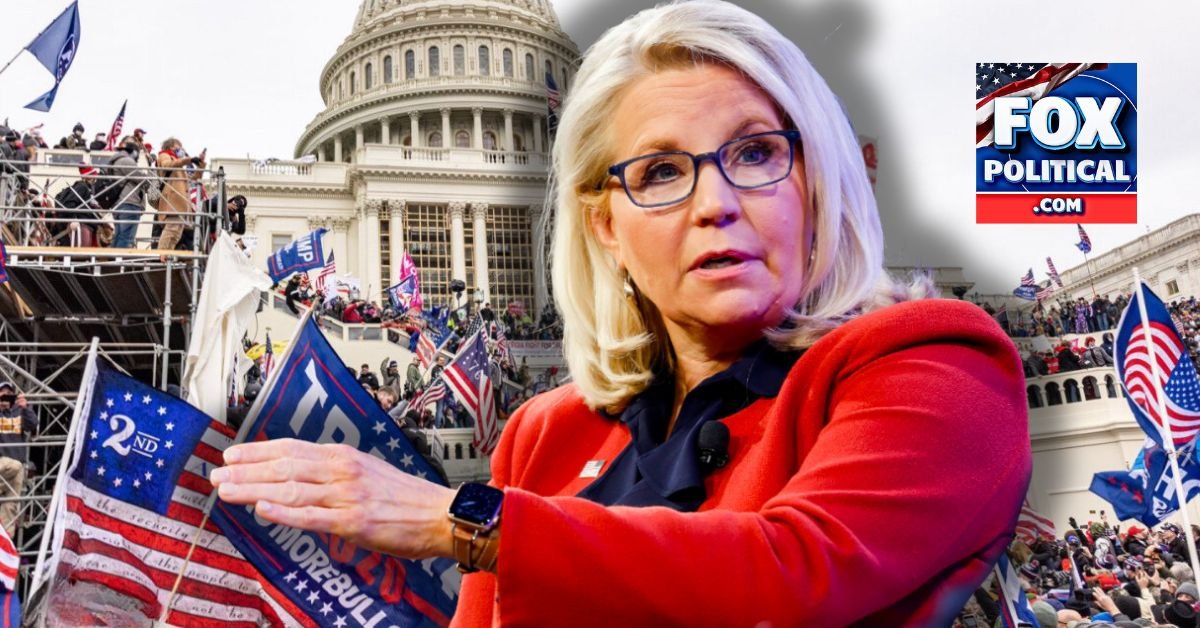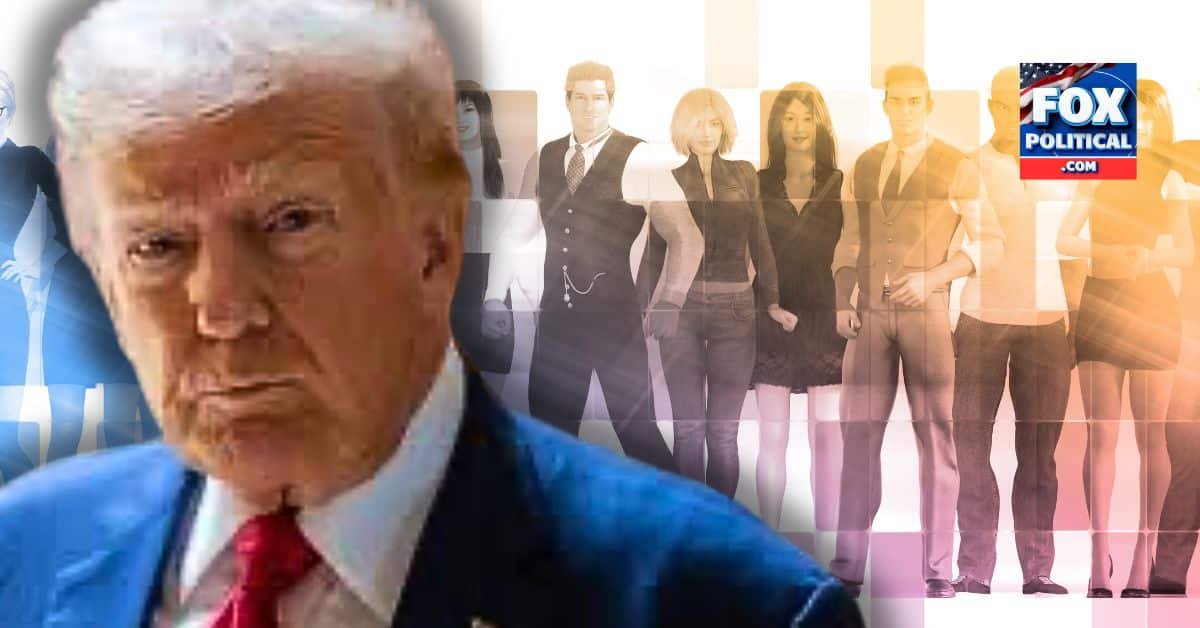U.S. President-elect Donald Trump has made a shocking proposal. He wants Canada to become the 51st state of the United States. This idea surprised many, as Trump believes Canada can’t handle trade and migration issues well.
Trump pointed out a huge trade deficit of over $100 billion between the two countries. He also mentioned that if these issues aren’t fixed, he might put 25% tariffs on Canadian goods.
Key Takeaways
- Donald Trump, the U.S. President-elect, has proposed that Canada become the 51st state of the United States.
- Trump’s suggestion is driven by his concerns over the $100 billion trade deficit between the U.S. and Canada, as well as issues related to border security and illegal migration.
- The president-elect has threatened to impose 25% tariffs on Canadian goods if the trade and migration problems are not resolved.
- Trump’s proposal includes the idea of Canadian Prime Minister Justin Trudeau becoming the governor of the new U.S. state.
- The announcement has sparked significant interest and debate, with potential implications for the political, economic, and constitutional landscape of both countries.
Trump’s Bold Proposal for Canadian Annexation
President Trump has made a shocking suggestion. He wants Canada to become the 51st state of the United States. This idea has caused a big stir in North America. It marks a big change in U.S. foreign policy and its U.S.-Canada relations.
Key Points of Trump’s Announcement
Trump mentioned several important points in his speech. He explained why he thinks Canada should join the U.S. as a state:
- He wants to fix the trade deficit between the U.S. and Canada.
- He aims to improve border security to stop illegal crossings.
- He believes Canada’s resources and economy can help the U.S. in its strategy.
Rationale Behind the Suggestion
Trump believes adding Canada as the 51st state will help the U.S. in several ways. He thinks it will help manage trade issues and make borders safer. He also threatened to put a 25% tax on Canadian goods if Canada doesn’t agree to his terms.
Initial Canadian Government Response
The Canadian government is taking a careful approach. They are considering retaliatory duties if the U.S. goes ahead with the annexation plan. This shows that Canada is not ready to agree to Trump’s proposal without a lot of talks.
Trade Deficit and Border Security Concerns
The U.S. and Canada trade a lot, with billions of dollars moving back and forth every year. But, President Trump is worried about the trade deficit, which is over $100 billion. He wants to put a 25% tariff on all Canadian goods, saying it’s needed to fight illegal migration and drug trafficking.
Canadian Prime Minister Justin Trudeau is worried about the tariffs. He says they could hurt Canada’s economy a lot. Trudeau wants a fair trade deal and agrees that border security is important.
Canadian businesses and politicians are shocked by the tariff threat. It could really hurt Canada’s economy and change trade in North America. The U.S. buys about three-quarters of Canada’s exports, showing how important the American market is to Canada.
| Metric | Value |
|---|---|
| U.S.-Canada Trade Deficit | $100 billion |
| Proposed U.S. Tariff on Canadian Exports | 25% |
| Share of Canada’s Total Exports to the U.S. | 75% |
Trudeau and Trump talked for almost three hours about border security and trade. The future of U.S.-Canada relations is uncertain as they negotiate. Economic tensions and concerns about illegal migration and drug trafficking are big issues.
Trump Suggests Canada Become 51st State: Breaking Down the Proposal
Former U.S. President Donald Trump has made a surprising suggestion. He wants Canada to become the 51st state of the United States. This idea has caused a big stir, making people wonder about its effects on Canadian politics and the role of Justin Trudeau.
Potential Impact on Canadian Governance
If Trump’s idea becomes reality, Canada’s government would change a lot. It would lose its independence and become a U.S. state. This means the Canadian Parliament and other political bodies would disappear. Decision-making power would then go to the U.S. Congress and federal agencies.
Justin Trudeau’s Proposed Role
Under this plan, Prime Minister Justin Trudeau would become the governor of the new Canadian state. This change would be huge for him, as he would no longer lead a national government. Instead, he would be a state-level executive in the U.S. system.
Constitutional Implications
Making Canada part of the U.S. would change many laws and rules. It would need big changes to both the Canadian and U.S. Constitutions. This would involve long and hard talks and approvals. It’s a complex and likely contentious process.
| Potential Impact | Details |
|---|---|
| Canadian Governance | Canada would no longer be a sovereign nation, but a state within the U.S. federal system. |
| Justin Trudeau’s Role | Prime Minister Trudeau’s position would be replaced by a role as governor of the new state of Canada. |
| Constitutional Implications | Extensive legal and political processes would be required to amend the Canadian and U.S. Constitutions. |
Historical Context of U.S.-Canada Relations
Former U.S. President Donald Trump suggested making Canada the 51st state. This idea comes from a long history of U.S.-Canada ties. For years, the U.S. and Canada have worked together on trade, defense, and cultural exchanges.
The U.S. and Canada share a deep history. Canada is often seen as the U.S.’s closest ally. Together, they’ve tackled many global challenges, forming a strong alliance in North America.
- The U.S. and Canada share the world’s longest undefended border, spanning over 8,891 kilometers (5,525 miles).
- The two nations have a robust trading relationship, with Canada being the U.S.’s largest export market and the U.S. being Canada’s largest trading partner.
- The countries have cooperated on various defense and security initiatives, including the North American Aerospace Defense Command (NORAD) and the Permanent Joint Board on Defense.
- Cultural exchanges and collaboration in fields such as education, arts, and media have also been a significant aspect of the U.S.-Canada relationship.
Trump’s idea to annex Canada is a big change from the usual U.S.-Canada relationship. If it happens, it would change North American politics and Canada’s freedom a lot.
Economic and Political Implications
Making Canada the 51st state would change trade agreements, especially NAFTA. The exact changes are still unknown. But experts say it would be a tough process that could affect trade and investments a lot.
Also, merging immigration policies would be key. Trump wants to stop illegal border crossings. This could mean tighter controls and changes in how people move between the U.S. and Canada.
Currency Integration Considerations
Choosing a currency for the new U.S. would be hard. Options include using the U.S. dollar or creating a new currency. The International Monetary Fund (IMF) says the U.S. dollar makes up 58 percent of global foreign exchange reserves, down from 67 percent in 2000. The dollar’s big role in trade and finance is important in these talks.
| Statistic | Value |
|---|---|
| US dollar’s share of foreign exchange reserves | 58% |
| US dollar’s share of export invoices in Asia-Pacific region | 74% |
| US government debt owned by foreign investors | Over $8 trillion |
This big change would have wide-reaching effects. The U.S. and Canada would need to work closely together. The impact on NAFTA, immigration, and money policy would be huge in deciding if this works.
Conclusion
Trump’s idea for Canada to become the 51st U.S. state is a big change in U.S.-Canada relations. It aims to fix trade issues and improve border security. But, it faces many political, legal, and constitutional hurdles that could stop it.
The world’s reactions to this move are key to its success. Canadians will also have a big say in this change. The next few years will show if this idea can work and if it’s even possible.
As things unfold, everyone will watch closely. They will consider the good and bad sides of this idea. Whether it happens will depend on careful planning, public opinion, and both countries’ willingness to deal with the legal and diplomatic challenges.
FAQ
What is President-elect Donald Trump’s proposal regarding Canada?
Donald Trump wants Canada to become the 51st state of the U.S. He thinks Ottawa can’t handle trade and migration well.
What is the rationale behind Trump’s proposal for Canadian annexation?
Trump points to a $100 billion trade deficit and border issues. He believes joining the U.S. would solve these problems better.
How has the Canadian government responded to Trump’s proposal?
Canada is looking at possible trade duties as a response. They’re cautious about Trump’s big idea.
What are the potential implications of Trump’s proposal for Canadian governance?
If Canada joins the U.S., it would change a lot. Justin Trudeau might become a governor instead of Prime Minister.
How would Trump’s proposal impact the historical ties between the U.S. and Canada?
Trump’s idea would change how the U.S. and Canada work together. They’ve always been close on trade, defense, and culture.
What are the economic and political implications of Trump’s proposal?
Making Canada a U.S. state would change trade deals, like NAFTA. Immigration and currency issues would also need big changes.
Source Links
- Trump suggested that Trudeau include Canada in the United States, writes Fox News
- Foreign policy of the first Donald Trump administration
- Tracking the Crisis in Israel and Palestine | Win Without War
- Trump Suggests Canada as 51st State During Tariff Talks with Trudeau
- Trump tells Trudeau Canada to become 51st US state if it doesn’t stop migration
- NATO set to hold off Ukraine invite push as Trump looms
- Ukraine-Russia war latest: Starmer says peace talks can end Russian invasion as North Korea troops join war
- Polish official expects high defection rate among Ukrainian troops trained in Poland
- Russian troops break through Ukrainian defenses near Kupyansk, says military expert
- European Markets Set to Open Higher as Investors Watch France’s Political Crisis
- Trump’s BRICS tariff threat vows to defend US dollar hegemony, but is the greenback under threat?
- Asian Chip Stocks Rise Amid U.S. Export Restrictions on China’s Semiconductor Industry
